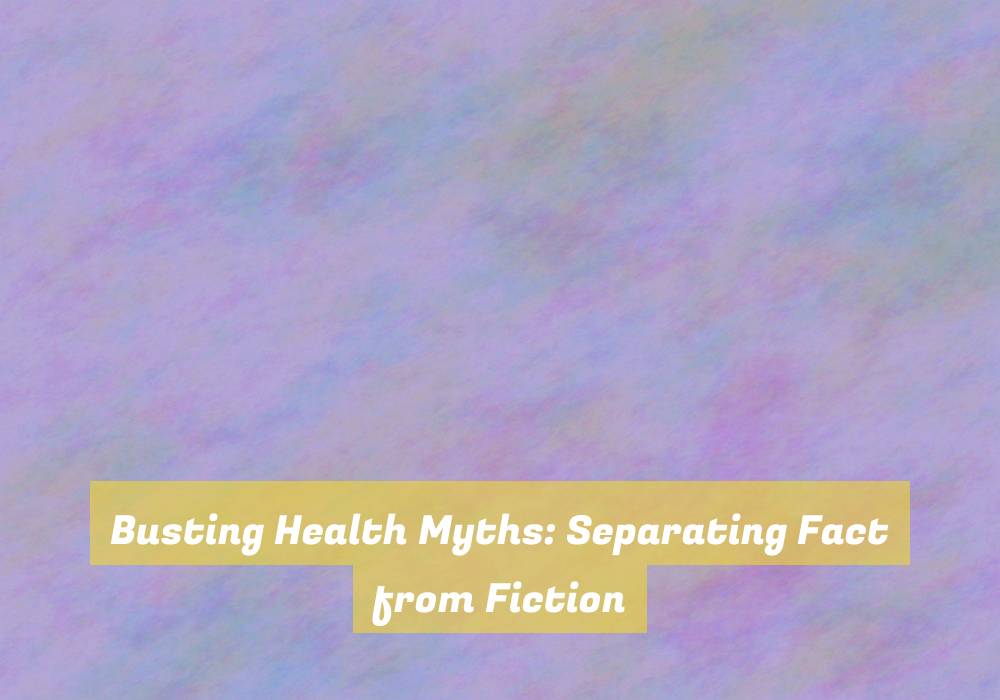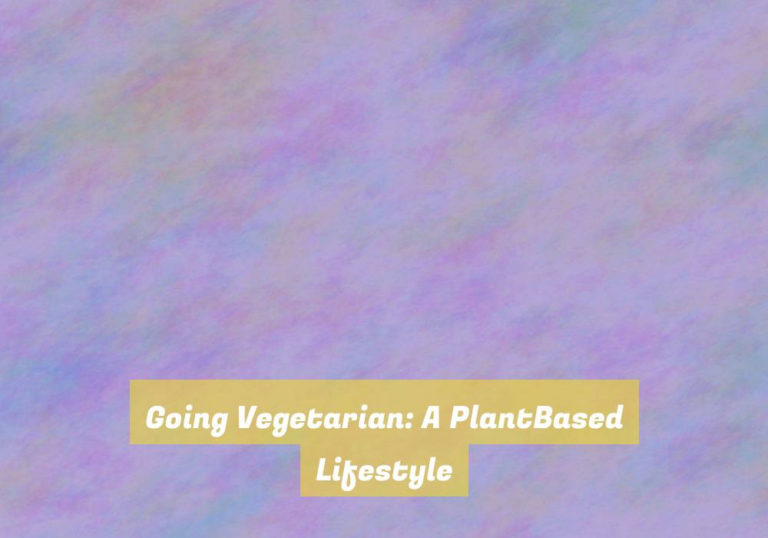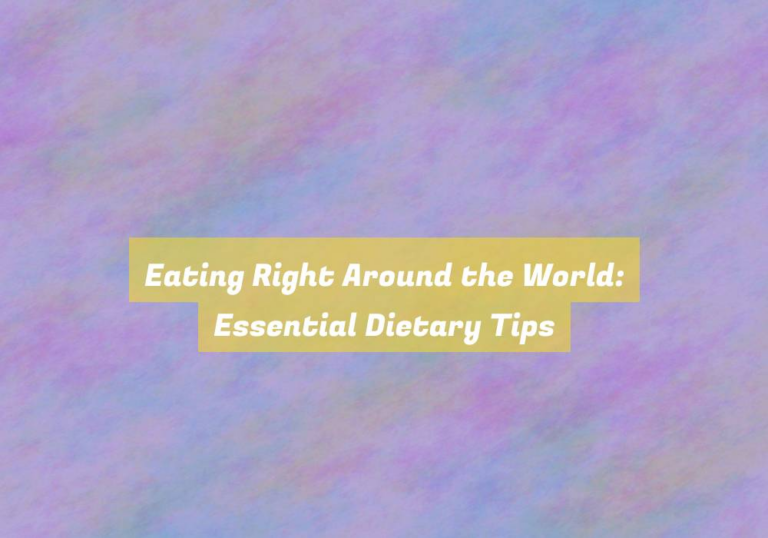Busting Health Myths: Separating Fact from Fiction
YouG??ve probably heard the old adage that G??an apple a day keeps the doctor away.G?? While this saying may hold some truth, the world of health and wellness is often filled with misleading information that can leave you feeling overwhelmed and unsure of what to believe.
From the supposed benefits of detox diets to the truth about how much water you really need to drink each day, itG??s time to separate fact from fiction.
So, how can you navigate through the sea of health myths and ensure that youG??re making informed decisions about your well-being?
The Truth About Eggs and Heart Health
Are eggs really bad for your heart, or is there more to the story? You may be surprised to learn that eggs actually contain important nutrients that can benefit your heart health. While it was once believed that the cholesterol in eggs could lead to heart disease, research has shown that the dietary cholesterol in eggs has a minimal effect on blood cholesterol levels for most people.
In fact, eggs are a good source of protein, vitamins, and minerals that support overall heart health.
Eating eggs in moderation as part of a balanced diet can provide your body with essential nutrients like vitamin D, B vitamins, and choline, which can help reduce the risk of heart disease. Additionally, the protein found in eggs can help you feel full and satisfied, which may prevent overeating and support weight managementG??a key factor in maintaining heart health.
Debunking the 8 Glasses of Water Myth
You may have heard that drinking eight glasses of water a day is essential for your health, but itG??s time to debunk this commonly believed myth. The idea that you need to drink exactly eight glasses of water each day isnG??t based on scientific evidence. The truth is that your daily water needs can vary based on factors such as your age, weight, activity level, and even the climate you live in.
ItG??s important to listen to your body and drink water when you feel thirsty. Thirst is your bodyG??s way of telling you that it needs more fluids. Additionally, you can also get water from various sources such as fruits, vegetables, and other beverages, not just plain water. Foods like watermelon, cucumbers, and oranges have high water content and can contribute to your overall hydration.
While staying hydrated is crucial for your health, the G??eight glasses a dayG?? rule isnG??t a one-size-fits-all solution. Instead, pay attention to your bodyG??s signals and make sure to maintain a balanced intake of fluids throughout the day.
Unveiling the Reality of Detox Diets
Unveiling the reality of detox diets reveals the truth behind their supposed benefits and potential risks. Many people turn to detox diets in hopes of cleansing their bodies and achieving quick weight loss. However, the reality is that detox diets may not live up to their promises.
These diets often involve severe restrictions, such as consuming only liquids or specific foods, and eliminating entire food groups. While this may lead to initial weight loss, itG??s mostly water weight and not sustainable in the long run.
Moreover, detox diets can deprive your body of essential nutrients and lead to fatigue, dizziness, and even more serious health issues. Your body has its own highly efficient detoxification system, primarily through the liver and kidneys, which works to eliminate toxins.
Relying solely on a short-term detox diet may not significantly improve this natural process.
Separating Fact From Fiction: Common Exercise Myths
Examining common exercise myths reveals the misconceptions that may be hindering your fitness progress and results.
One prevalent myth is that lifting weights will make you bulky. In reality, weight training helps build lean muscle, which can give you a toned and defined appearance. ItG??s important to incorporate strength training into your workout routine for overall health and fitness.
Another myth is that you need to exercise for hours to see results. The truth is that shorter, high-intensity workouts can be just as effective, if not more so, than longer sessions. Focus on quality over quantity, and make the most of your time at the gym.
Additionally, the notion that you can spot reduce fat in specific areas through targeted exercises is a fallacy. While targeted exercises can strengthen and tone specific muscles, they wonG??t magically melt away fat in those areas. A balanced workout routine and a healthy diet are key for overall fat loss.
Conclusion
So next time you hear a health myth, take a moment to fact-check it. DonG??t believe everything you hear, and make sure to do your own research.
Separating fact from fiction can help you make informed decisions about your health and wellness.
Remember, not everything you hear is true, so stay informed and educated about the latest health trends and myths.





It’s really interesting to see how our understanding of food, like eggs, has evolved over time. I remember a few years back, I was completely avoiding eggs because of all the scary cholesterol talk. But as you mentioned, recent research really paints a different picture. I’ve started incorporating them back into my diet and love how versatile they are—scrambled, boiled, you name it!
It’s great to hear you’ve brought eggs back into your diet. They really are a powerhouse for nutrition. The old cholesterol fears made so many people nervous, but the research shift is fascinating. It turns out that for most people, dietary cholesterol from eggs doesn’t have a significant impact on blood cholesterol levels.